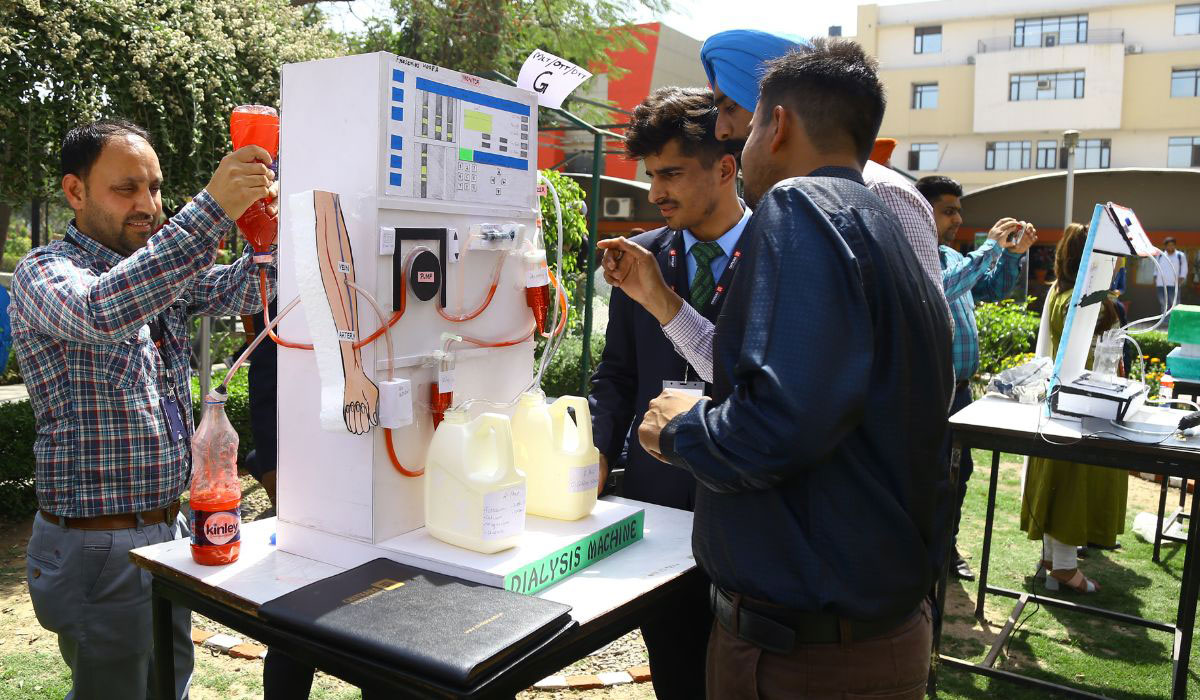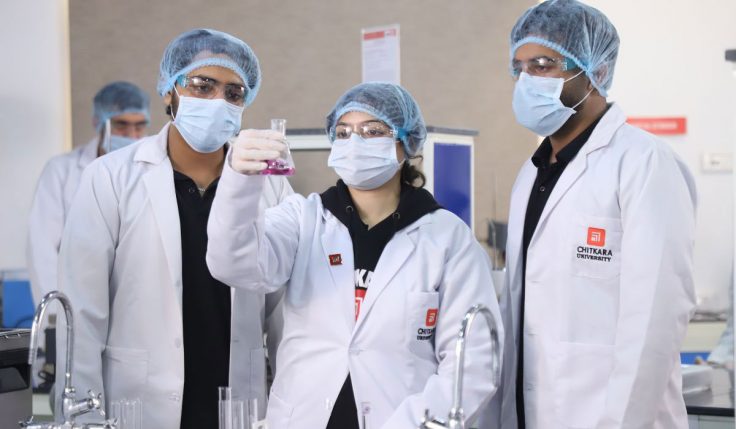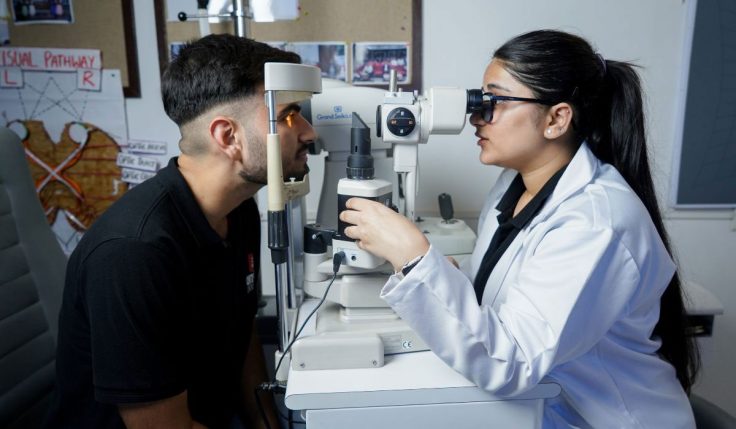Dialysis is an important healthcare intervention, which helps patients suffering from renal diseases. Students wishing to study Dialysis Therapy must understand the complexities of this life-sustaining methodology. The different types of dialysis are subjected to an exhaustive analysis. After that, we shall explore the efficiency of dialysis, analyze complications arising from using it, and reasons as to why someone may go for B.Sc in Dialysis Therapy.
Unravelling the Complexity of Dialysis: Types and Techniques
Haemodialysis:
Process: Haemodialysis involves the use of an artificial kidney machine that filters blood outside the body. The machine, equipped with a dialyzer, cleanses the blood of waste products and excess fluids before returning it to the body.
Location: Typically administered in hospitals or specialized dialysis centres, haemodialysis sessions are usually conducted thrice a week.
Peritoneal Dialysis:
Process: Peritoneal dialysis employs the body’s peritoneum membrane within the abdomen to filter waste and fluids. A cleansing solution is introduced into the peritoneal cavity, allowing natural filtration to occur.
Location: This type of dialysis offers the flexibility of being performed at home, allowing patients greater independence in managing their treatment.
Assessing the Efficacy of Dialysis Therapy: A Lifeline for Kidney Patients
Dialysis therapy, be it haemodialysis or peritoneal dialysis, acts as a lifeline for individuals battling kidney diseases. Its efficacy lies in:
Maintaining Electrolyte Balance: Dialysis helps in regulating essential electrolytes like sodium, potassium, and calcium, preventing dangerous imbalances.
Managing Blood Pressure: By eliminating excess fluid, dialysis aids in controlling blood pressure, crucial for overall cardiovascular health.
Urea and Creatinine Removal: Waste products like urea and creatinine are efficiently removed from the bloodstream, preventing their toxic buildup in the body.
Supporting Anemia Management: Dialysis therapy assists in managing anemia, a common complication in kidney patients, by promoting red blood cell production.
Understanding and Managing Adverse Reactions: Ensuring Patient Safety
While dialysis therapy is life-saving, it can sometimes lead to adverse reactions that necessitate careful management:
Low Blood Pressure: Patients might experience low blood pressure during or after dialysis. Close monitoring and adjustments in fluid removal rates are crucial to prevent dizziness and nausea.
Muscle Cramps: Proper hydration, nutritional support, and gentle stretching can alleviate muscle cramps, a common occurrence during dialysis sessions.
Infection Control: Rigorous adherence to hygiene protocols, especially around the access site, is paramount to prevent infections.
Anemia Management: Erythropoietin-stimulating agents, iron supplements, and nutritional counseling are employed to manage anemia, a condition prevalent in dialysis patients.
Read this blog post: Why Pursuing a B.Sc. in Dialysis Therapy is a Smart Career Choice
Pursuing B.Sc in Dialysis Therapy: Empowering Future Healthcare Professionals
A student who dreams about learning the art and science of making dialysis therapy can enroll in the B.Sc in Dialysis Therapy program. The course is tailored towards the student gaining expertise on the various types of dialysis, evaluation of effective kidney treatments, management of adverse reactions, as well as the ethics involved in patient care. Not only does enrolling for the Bachelor of Science in Dialysis Therapy Program offer in-depth theoretical understanding, but it is critical in shaping compassionate and competent renal care providers of the future too.
Finally, dialysis therapy represents an opportunity for kidney patients, and it would be essential for any future healthcare providers to have more knowledge about this treatment modality. Thus by examining the different forms, evaluating effectiveness, and understanding possible side effects of their actions, learners starting in Dialysis therapy get better prepared to contribute positively to the lives of patients.
Your Gateway to Expertise in Healthcare
The B.Sc in Dialysis Therapy Technology program at Chitkara University is a life-changing journey that combines theoretical learning with practical skills. The students dive in for a comprehensive course that effortlessly bridges theory and practice. Students get real-world experiences through industry-aligned training in association with Fortis Hospital; critical thinking, teamwork, and problem-solving skills are developed. Through various courses such as communication courses, the program enables one to handle different positions in the medical field. Creation of comprehensive health workers through interactions in a multi-diverse atmosphere at Chitkara University.
Shape Your Future in Healthcare: Choosing to enroll in our Dialysis Therapy Technology program does not simply involve a selection of curriculum; it leads down the path to becoming a proficient dialysis specialist. As a result, graduates become self-confident physicians capable of working in different positions, such as in hospitals, labs, schools, or nursing homes. As such, Chitkara’s program prepares its students for roles ranging from Haemodialysis Technologists to Peritoneal Dialysis Coordinators, making them an important component in their society. You are welcome to visit Chitkara University, the place where academics merge with real-life skills, making you an empathetic professional, ready for tomorrow’s healthcare challenges.






